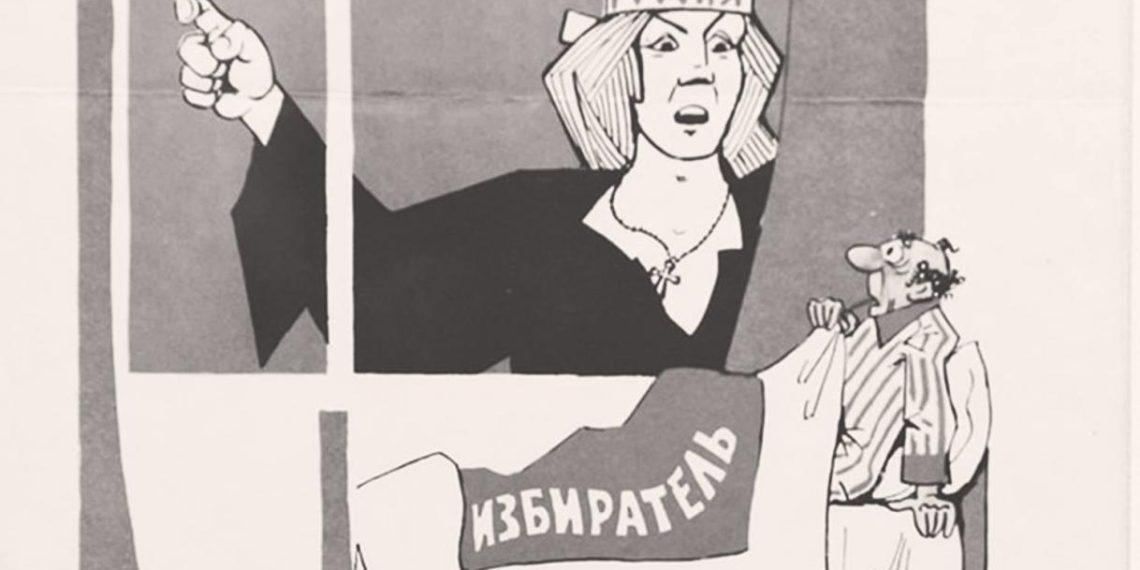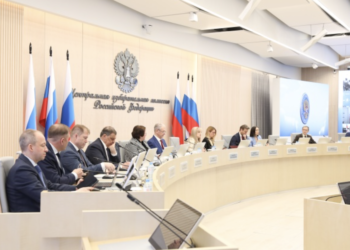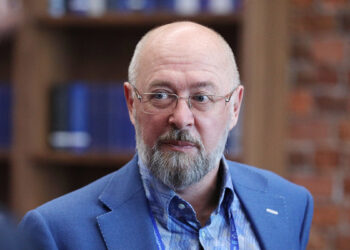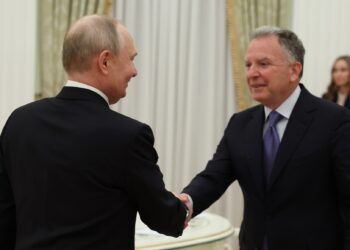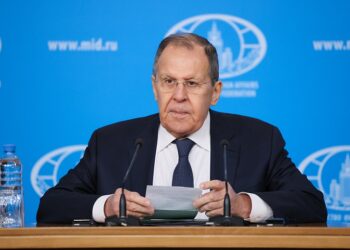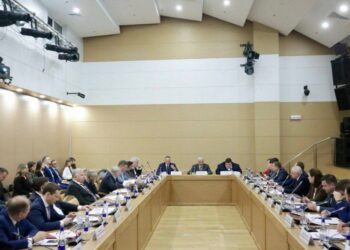MOSCOW (Realist English). The dead election campaign of 2022 turned out to be more useful than a thousand of the busiest ones, because it allowed us to realize how fundamentally the political landscape has changed in our country, says political scientist Sergey Starovoitov.
“But the most important thing is not a statement of the passivity of the Communist Party, LDPR and SRPP, these are trifles. The most important thing is that the special military operation has formed a completely new electoral request: the citizens of Russia expect that their own and the subsequent Victory will reset the relations between the government and society and they will become new, different than before, more just. After all, we will survive a national shock together and this will inevitably unite us, unite us into a single nation — this is what people think or feel, both in offices and in factories. But if this does not happen, then hopes will be replaced by disappointment. And then disappointed citizens will either go into cynicism or protest,” the expert believes.
According to Starovoitov, what the current sluggish election campaign shows is that Russian voters are no longer interested in discussing political topics of the past, they are not interested in petty household complaints of politicians against each other and partisan micro-scandals:
“Times have changed, now citizens want nothing more, nothing less — a new political order. The one who gives it to them will become the main political force in Russia.”
On July 4, the election campaign for the elections scheduled for a Single Voting Day on September 11 of this year started. The elections will cover about 45 million voters. In total, about 4 thousand election campaigns will be held, the CEC noted earlier.
On a Single Voting day, elections of 15 senior officials of the regions will be held (14 direct elections, in the Republic of Adyghea, the head of the subject is elected by deputies of the State Council), deputies of six legislative assemblies, 12 councils of deputies of administrative centers of the subjects (federal regions), as well as elections to local self-government bodies of various levels.


